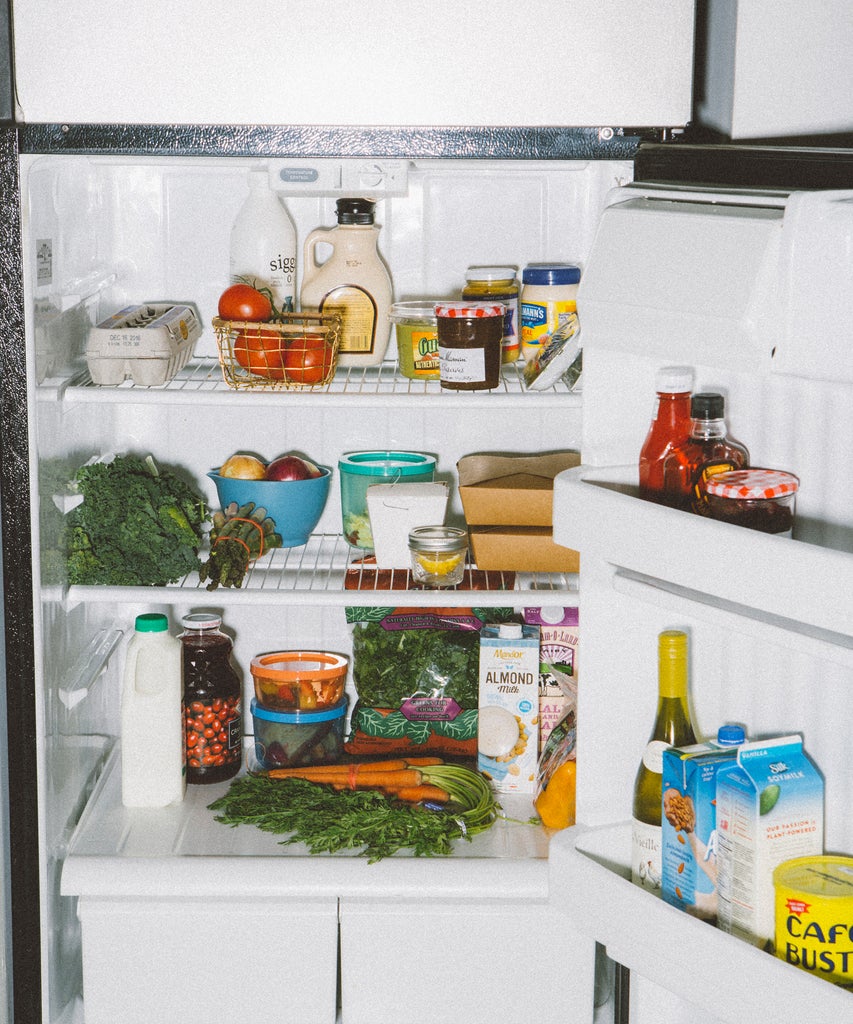
On Wednesday, a New York Times quiz about refrigerators and politics (yes, really) almost immediately blew up the existential diaspora currently known as the internet. In the already-viral quiz, readers are asked to guess — based on the inside of a person’s refrigerator — whether they are voting for Donald Trump or Joe Biden for president. The quiz was created from hundreds of people responding to a survey asking who they were voting for and whether they would take a photo of the inside of their fridge.
At the time of publishing this, over 5 million guesses had been made on the quiz, with the results showing that people are right just about half the time. “The current scores suggest that as a whole, we can’t distinguish people’s politics from glances into their fridges much more reliably than if we just flipped a coin,” the Times wrote. But perhaps that was the point in the first place — to show that making assumptions about someone’s politics by looking in their fridge is pointless. And this brought many readers to their next question: why, then, does this quiz need to exist at all?
The “data” surrounding this is — if nothing more — a needlessly classist example of how Americans operate, particularly when it comes to assuming someone’s political positions. And as such, the Times was immediately scrutinized for engaging in stereotypes and turning them into a game only a week before one of the most contentious elections in modern history.
Am I missing something or is the Fridge Quiz just a test of our classist assumptions (I mean if that’s the point, kudos?)
— Sophie Chou (@mpetitchou) October 28, 2020
uh so this “fridge quiz” thing is just an excuse for people to indulge in classist stereotypes and pretend they’re useful despite clearly stated evidence to the contrary, right? or am I missing something?
— Camila Domonoske (@camilareads) October 28, 2020
Here’s the fridge of a working-class voter, during a pandemic, recession, and hurricane recovery. Get bent, NY Times. pic.twitter.com/7wfPMYabYV
— ⚜️”Rob” Anderson for Louisiana (@RobAnderson2018) October 28, 2020
The Times tried to account for this by acknowledging that guessing people’s politics based on their fridge contents might seem fun, but actually ties into more serious issues. “While the challenge of guessing a family’s politics based on a refrigerator may be a playful way to consider our similarities and differences — and our assumptions — the images are also personal glimpses into American lives, and anyone playing the game may have noticed some bare refrigerators,” they wrote. “Empty or nearly empty fridges were split roughly evenly between Trump and Biden supporters, and it’s hard to know whether an empty refrigerator is, say, a spare someone felt safe photographing or a sign of a household without enough food.”
But without context, food insecurity is presented as an issue divorced from politics when the reality is that Trump has made the issue worse for working-class people. Earlier this month, a federal judge struck down Trump’s plan to cut food stamps for 700,000 Americans — something he tried to push through in the middle of a pandemic, no less. “Where’s the picture of the fridge belonging to the family who had to wait in line at the food pantry in order to feed their kids?” asked Twitter user Kim Brown.
Whether the intent of the article was to provide 5+ million Americans (in counting) with a hard look in the mirror (which is probably already full of existential dread), it only just reinforced the classism that exists in America to begin with. Right down to a person’s refrigerator contents.
Like what you see? How about some more R29 goodness, right here?
Hundreds Were Stranded After Trump's Omaha Rally
Joe Biden Just Called Trump On His BS
Why Is Kamala Harris Being Criticized For Dancing?
from Refinery29 https://ift.tt/3kDTMUL
via IFTTT

